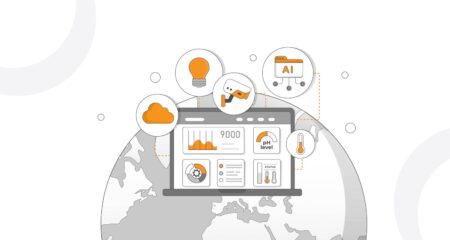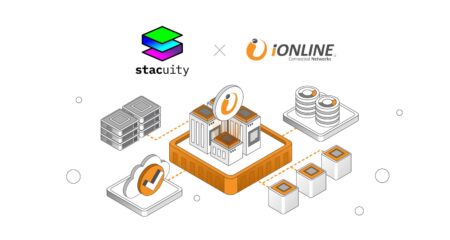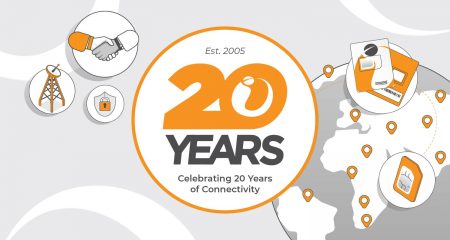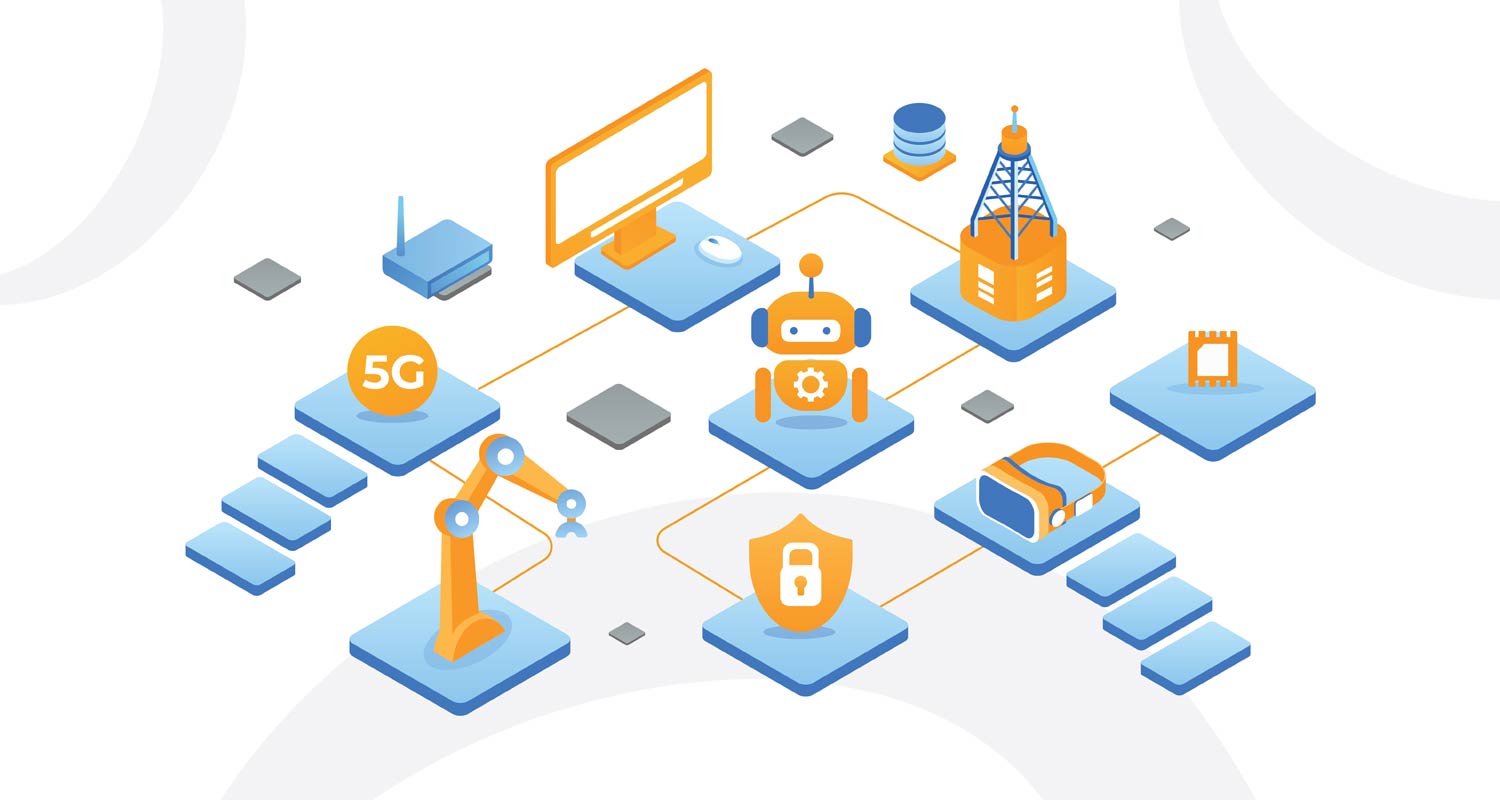 What if every object around you could communicate, collaborate and adapt to your needs in real time? What if every interaction with technology felt like having a personal assistant at your fingertips? And what if sustainability was at the forefront of every technological innovation?
What if every object around you could communicate, collaborate and adapt to your needs in real time? What if every interaction with technology felt like having a personal assistant at your fingertips? And what if sustainability was at the forefront of every technological innovation?
Imagine a world where your devices, powered by the internet of things (IoT), anticipate your needs, meeting every challenge with a tailormade solution. A world where data drives decision making, reducing risks and increasing rewards. A world where industries collaborate seamlessly, sharing knowledge and resources for greater impact.
An interconnected ecosystem such as this would undoubtedly bring about profound change, but what is the likelihood of such a utopia?
Our connected world and the agents of change
According to Forbes, by the end of this year, there will be well over 207 billion connected IoT devices globally. And, as everything from big, industrial-sized machinery to small, everyday essentials such as toothbrushes and coffee makers comes online, so the number of connected IoT devices will continue to grow.
As we navigate this era of technological advancement, from cutting-edge developments in artificial intelligence and automation to revolutionary breakthroughs in healthcare and sustainability, the innovations poised as most likely to change the world this year might surprise you.
Cybersecurity, AI, automation, virtual reality (VR) and augmented reality (AR) are some of the most impactful IoT trends of 2024. Machine learning, advanced edge computing, the connected cloud, 5G and IoT integration, satellite connectivity, and the rise of eSims all have industry experts excited, too.
The experts weigh in
At the recent CES event in Las Vegas, AI and its various applications were a dominant theme. Among the applications of generative AI and large language models were live translator devices and pocket-sized AI devices designed to manage tasks through interactions with typical mobile apps.
Urban mobility is taking off, too – quite literally – with electric vertical take-off and landing vehicles (eVTOLs) presenting a new option in airborne mobility. An efficient and environmentally friendly mode of transport, eVTOLs run on electric power and have decreased pollutant emissions. Supernal – Hyundai’s air mobility company – seems confident that its four-passenger, piloted vehicle could enter the market as soon as 2028.
For Deloitte, it is technologies such as spatial computing, digital twins, AR and VR that will fuel the acceleration in tech uptake. The firm also predicts, in its Tech Trends 2024 report, that the industrial metaverse will drive significant revenue growth, with estimates putting this at around $100-billion by 2030. While many experts cite generative AI as a trends frontrunner, Deloitte cautioned businesses against focusing too heavily on it, to the detriment of other tech advancements.
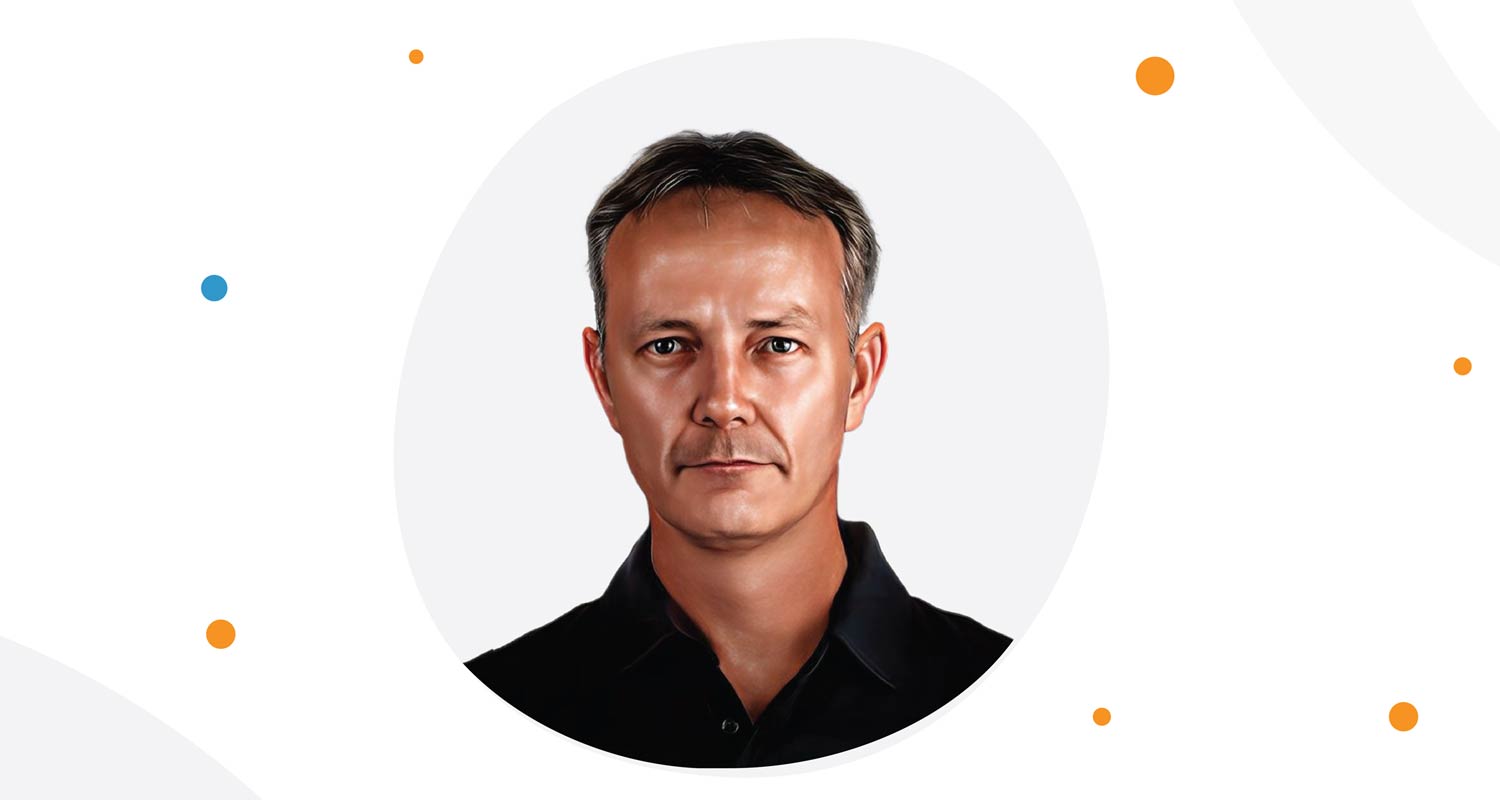
Bloomberg Intelligence expects the generative AI market to soar this year, predicting that cumulatively ChatGPT and Gemini (formerly known as Google Bard) will grow the market to $1.3-trillion in revenue within the next eight years. David Joosten, CEO of Vodafone US and a Forbes Technology Council member, said that first the cloud and 5G must enable a more connected world. Such a convergence will be more beneficial than AI, he argues. By 2025, 5G networks could cover as much as one-third of the world’s population, enabling 1.2 billion connections. Imagine the potential of that to power IoT.
A dynamic shift is imminent
David Farquharson, founder and CEO of iONLINE ISP, a leading global connectivity provider, said we should buckle up for a wild ride, because 2024 is going to be a big year. “This year marks a dynamic shift for the IoT landscape. I anticipate several incredible breakthroughs as we witness a convergence of technologies that will reshape the way we live and work.”
Read more about FlexiSIM, iONLINE’s multi-network-resilient global IoT connectivity solution
Farquharson predicts plenty of cross-industry IoT collaborations as a means to solve common challenges. “By pooling resources, expertise and insights from different sectors, we can accelerate progress, drive efficiency and open new avenues of value creation that would not be as achievable if companies tried to tackle them in isolation.”
The world will continue to see advances in how IoT is used in areas such as cybersecurity, blockchain, smart cities and healthcare, along with improved energy efficiency in IoT devices, better integration into existing systems, AI-powered predictive maintenance, and improved voice and gesture control for IoT, Farquharson said.
Organisations should not just observe change but be active drivers of it, he added. “The untapped potential and endless possibilities are genuinely thrilling. As we contemplate the transformative potential of interconnected technologies, one question lingers: what if every device, every system, every aspect of our world could seamlessly communicate and collaborate? This concept, known as the ‘internet of everything’ (IoE), is the key to unlocking greater connectivity and creativity. From AI integration to smart city innovation, each trend contributes to a future where the boundaries between the physical and digital worlds blur, and the IoE becomes a reality.”
Follow iONLINE on LinkedIn and Facebook, where insights, trends, use cases and industry news are regularly shared.
About iONLINE
iONLINE is a leading connectivity provider that delivers cutting-edge technology solutions to businesses globally. Founded and headquartered in South Africa, with offices in the UK, the US and Australia, the company is dedicated to providing exceptional customer service and ensuring that its clients remain connected in a constantly changing world. Furthermore, iONLINE is committed to promoting positive change for both society and the environment, reflecting its dedication to corporate social responsibility. Visit www.ionlinesp.com.
- Read more articles by iONLINE on TechCentral
- This promoted content was paid for by the party concerned


